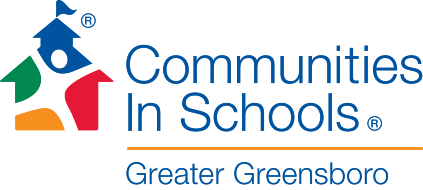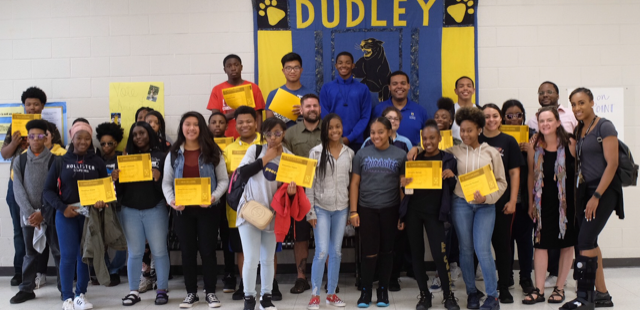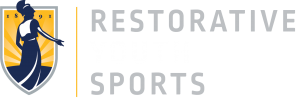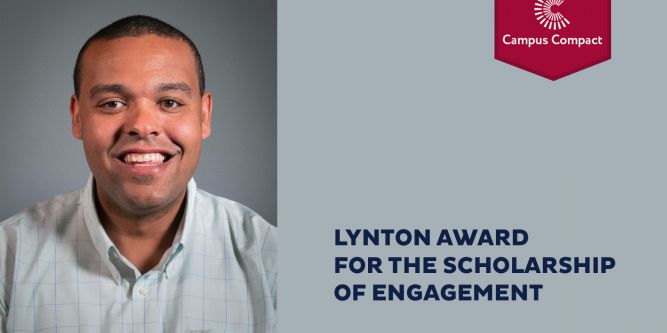
Our lab is committed to ethical engagement with communities to advance restorative justice practices. Our community engagement strives to align with four principles of community engagement,
- Reciprocity is the recognition, respect, and valuing of the knowledge, perspectives and resources that each partner contributes to the collaboration.
- Mutual benefit reflects our aim to pursue partnerships that advance shared interests, while sometimes prioritizing community needs above academic agendas.
- Ethic of care refers to our commitment to pursue issues that are of interest broadly to the public and our community partners with demonstrated concern for the well being of community members.
- Shared authority refers to our commitment to include community partners in decision making processes and carry our scholarly efforts in an inclusive manner.
Signature Community Engagement Program

Our signature community engagement program is a partnership between our lab and Communities in Schools of Greater Greensboro. Since 2017, we have offered an alternative physical education program at James B. Dudley High School focused on integrating restorative justice practices into the 9th grade physical education courses.
Our partnership identified physical education as a space to integrate restorative justice because North Carolina Essential Standards emphasizes teaching conflict resolution, social and emotional learning, and relationships skills in the physical education curriculum. We provide a physical education course twice per week for 90 minutes that is led by members of our lab.
Dudley High School


Our restorative pedagogy is driven by the following value-based goals:
|
Champion |
Hero |
Achiever |
Peacemaker |
|
|
Definition |
Champions are considerate of others’ feelings and wellbeing. They teach us how to be optimistic through adversity. To champions, challenges provide an opportunity to grow. |
Heroes do good and courageous things for other people. They have a strong sense of justice and goodness and act upon that sense. Their heroism causes ripple effects throughout the community. |
Achievers have clear goals and vision. They can transport themselves into the future in their mind, create clarity on what it looks and feels like, and then translate goals and vision into their reality. |
Peacemakers are willing to wade into conflicts to create harmony. They value non-violence, dialogue, tolerance, empathy and inclusion. To peacemakers, conflicts are an opportunity for positive change. |
|
Expectations |
Respect Integrity Confidence |
Responsibility Helping others Care for community |
Preparation Self-direction Perseverance |
Self-control Open-mind Cooperation |
|
Activity Integration |
Meditation/Reflection Gestures (bow, handshake) Rules and boundaries |
Partner practice Peer feedback/support Positive “shout outs” |
Predication and effort Goal setting/monitoring Accept challenges |
Physical/emotional safety Communication Forgive honest mistakes |
|
Student Elaborations |
“I respect as long as I’m respected” “I don’t compare myself with others because I respect myself” “Being empathetic, understand others, putting myself in someone’s shoes” |
“Always helping someone whether it’s physical or emotional” “Giving a hand when needed” “Someone that makes a good example” |
“Being persistent” “Set goals and achieve them in life” “Push past your problems to get stuff done” |
“Find solutions to help others” “Talk it out instead of being physical” “Listen to others and their opinions” |

